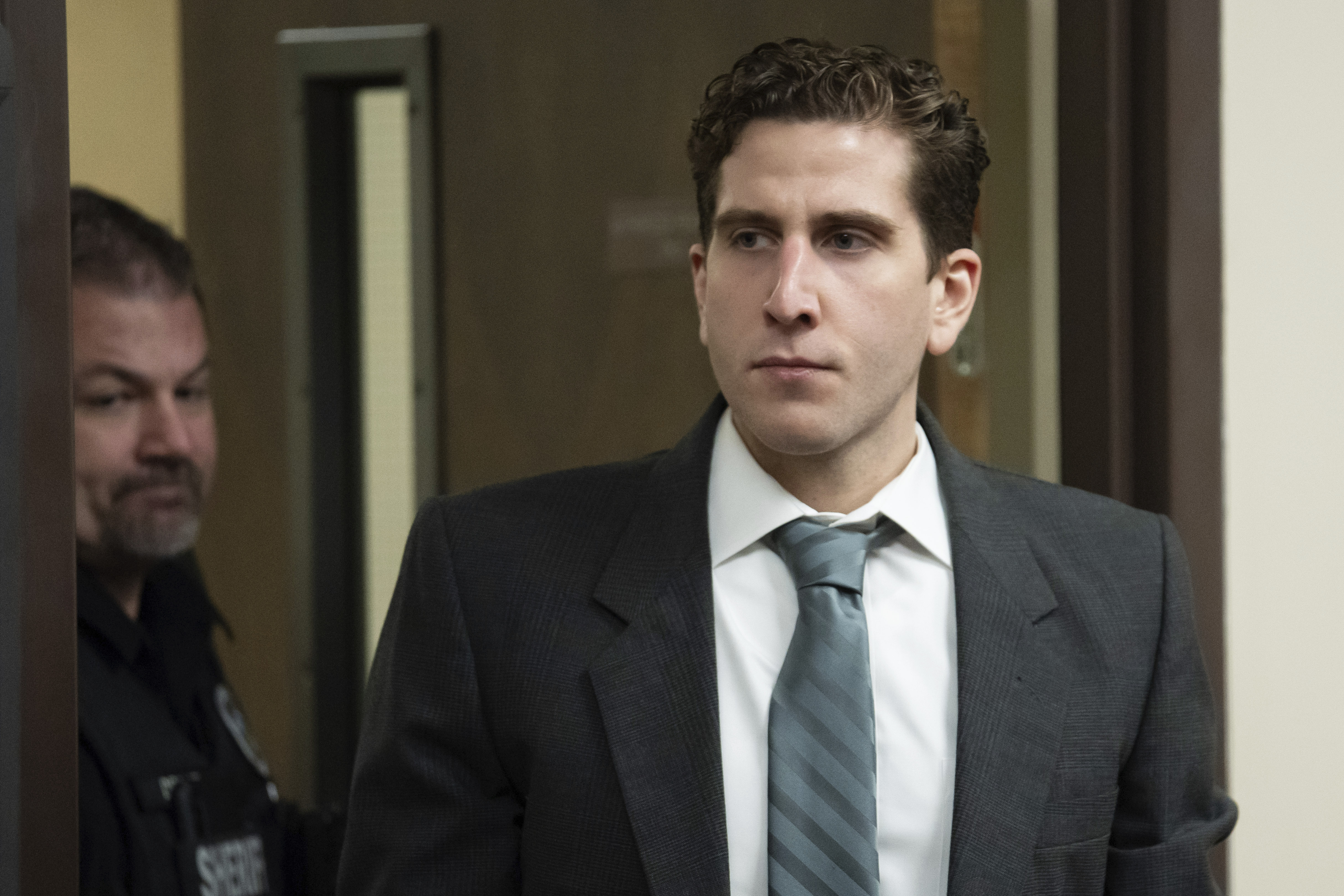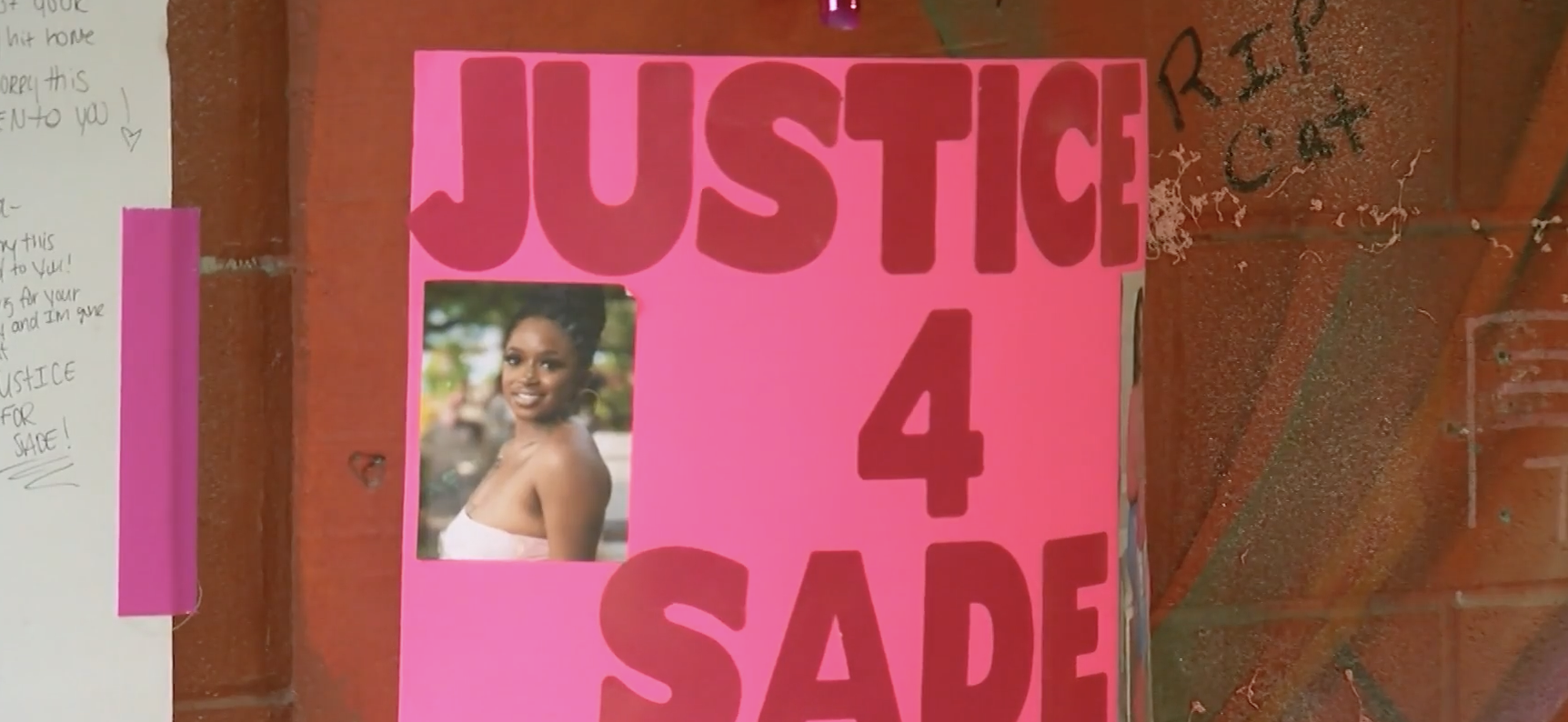Long into the 90th birthday concert in his honor, Pete Seeger, still as rail thin as the banjo he carried, slowly made his way to center stage at Madison Square Garden. Bruce Springsteen, Joan Baez and Ben Harper, among many others, had filled the arena for nearly four hours with classic songs Seeger created or revived – "If I Had a Hammer," “John Henry” and “Where Have All the Flowers Gone,” to name a few.
Now, as this grand afternoon slipped into early evening on May 3, 2009, Seeger paid tribute to his friend Woody Guthrie with "This Land is Your Land." The all-star lineup sang all the words, including lines like “by the relief office, I saw my people as they stood there hungry” that got Guthrie called a commie and worse.
“Pete, you’ve outlived the bastards, man,” Springsteen declared during the show.
The concert summed up much of the magic wielded by Seeger – leading a range of performers he helped shape as an unflinching folk hero, who was always true to himself and his audience while keeping alive music that, to paraphrase Guthrie, was made for you and me.
With his death Monday at age 94, Seeger will be remembered as a great songwriter and musician, who distinguished himself as an American original during a career than spanned nearly 75 years. But his most important contribution may be bridging generations and music styles.
Seeger's commitment to fanning the flame of the folk music he grew up on as a child of the Depression and a son of World War II is a torch he passed along to acts ranging from Peter, Paul and Mary to Baez to Rage Against the Machine. Even, if as legend has it, he wanted to take an ax to the power cords when Bob Dylan "went electric" at the Newport Folk Festival in 1965, his music directly and indirectly influenced the rock and roll explosion – from The Byrds’ take on his take on "Turn! Turn! Turn!" to Springsteen’s “The Ghost of Tom Joad” to Dylan’s catalogue, acoustic and electric, alike.
Seeger, who embraced the music changing around him, also picked up new influences from those he inspired – memorably playing John Lennon's "Give Peace a Chance" at a massive 1969 anti-war rally in Washington when the song was just five months old.
U.S. & World
Stories that affect your life across the U.S. and around the world.
The folk singer, of course, knew a good protest song when he heard one – and he believed in the power of music to bring change. Seeger helped make "We Shall Overcome" into an anthem for the civil rights movement. He planted a seed of conscience in popular music, sprouting musicians who use their platform to support causes. It's not too much of a stretch to see Macklemore and Ryan Lewis’ much talked about Grammys performance of their gay rights anthem "Same Love" as an extension of Seeger’s legacy.
Seeger was as devoted to his sense of justice as much as to his music, and paid the price during the communist witch hunts of the 1950s. But as Springsteen noted, he survived and thrived. In 1996, Seeger made the Rock and Roll Hall of Fame, and a decade later, Springsteen’s “We Shall Overcome: The Seeger Sessions” introduced songs Seeger made popular to new audiences, even as The Boss infused some tunes with a New Orleans feel post-Katrina.
Five years ago this month, Seeger, at age 89, stood in the bitter cold outside the Lincoln Memorial with his grandson Tao Rodríguez-Seeger and Springsteen to perform at President Obama’s inaugural celebration. They played “This Land is Your Land” – with all the verses.
In his final years, Seeger’s voice diminished to a rasp. But his songs became so ingrained that his audiences and fellow musicians easily – and gladly – filled in the gaps.
That proved the case with the finale at the Madison Square Garden concert, which ended with Lead Belly's "Goodnight, Irene," a song Seeger popularized with The Weavers in 1950. Those of us lucky enough to be there, 18,000 strong, turned many voices into one.
The crowd wasn’t singing goodbye to Seeger as much thanking him for keeping our musical heritage alive, a mission he fulfilled as a folk hero who left this land as our truest troubadour.
Hester is founding director of the award-winning, multi-media NYCity News Service at the City University of New York Graduate School of Journalism. He is also the author of "Raising a Beatle Baby: How John, Paul, George and Ringo Helped us Come Together as a Family." Follow him on Twitter.



